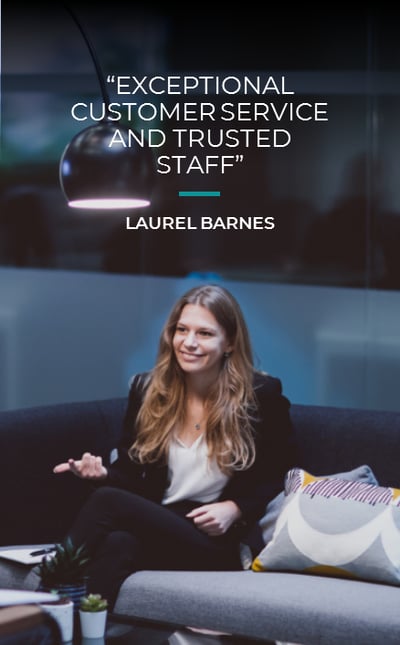There has been more corporate activity in the broader flex office space market in recent months than for years. In January, CBRE acquired the remaining 60% stake in Industrious, valuing the co-working operator at $800 million. In the same month Yardi, a leading software developer for real estate companies across the world, announced dual acquisitions of online booking platforms Deskpass in the US and Hubble in the UK. This move came on top of Yardi’s high profile bail out of WeWork from bankruptcy, less than a year ago - with a $450 million injection of funds.
All these moves show corporate confidence in the future of flex space and coworking practices in the office markets and an affirmation in the world of property that flexspace is here to stay. Dealing in a flexible product is now part of the global services offer. CBRE has positioned Industrious in its new Building Operations and Experience division combining building operations, workplace experience and property management and positioning itself “to deliver scalable, future-ready solutions for offices” and other assets. By fully integrating Industrious into its service offering, CBRE is committing to a future where workplace agility and hybrid working is the norm.
It will be interesting to see how this acquisition pans out in the UK. Although Industrious is global – in 200 units across over 65 cities, its UK presence to date has been relatively limited. It has announced a desire for further growth and as a competitor we’ll be watching closely to see how CBRE deals with the issue of advising independently on flex space whilst having its own operator. Will there be pressure to keep things in-house, particularly if the market gets increasingly competitive?
The Yardi acquisitions are different but shows the same confidence in flex. Yardi, a private owned software business, made its name and millions selling property management systems to commercial and residential landlords. Its Yardi Medusa subsidiary offers a WIFI and management tech solution to operators. Over the last couple of years Yardi has been on the acquisition trail. We Work, although a flex space operator, rightly or wrongly, positioned itself as a software platform to manage the full life cycle of the office and tenant needs. Yardi’s rescue of WeWork last year therefore brought property and tech together and gave Yardi the unique position of combining WeWork’s large global footprint with its own powerful technology platforms, setting a new standard for converging technology and operations which could well become the norm for the future of the workplace.
Our view is this rescue was a positive move in stabilizing the residue WeWork portfolio and removing the histrionics that we saw in the last couple of years that gave flex a bad name.
Yardi’s recent acquisitions build on its strategy further. Deskpass is a popular platform in North America that lets users book coworking spaces, meeting rooms, and private offices across a broad network of locations. Hubble is the leading online marketplace for coworking space in the U.K. and allows users to book a variety of office types — from coworking desks to private offices, offering flexibility in terms of both duration and contract. Yardi said its acquisition, “marks a significant step in aligning commercial buildings with the increasing agile need of its office users”.
Our view again is that any move that rationalises the market and propels it forward with confidence is good for the sector and therefore is good for us. As Yardi told the FT when it bought WeWork, “ Office buildings will continue to be in demand and flex will be an integral part of all office buildings.”
Latest figures seem to be bearing this optimism about flex out. Recent Savills/ Workthere research announced that the take up of flexible office space from operators across the UK reached over 1.06 million sq. ft in 2024, the highest level since 2019 and 12% above the total reached in 2023. Transaction levels were also up 35% and there was a 33% increase from businesses leaving their current space. Outside London private office desk pricing grew 17% showing strong regional demand.
But businesses are not just moving for flexibility- they want premium workspace quality. The number of enquiries resulting from occupiers dissatisfied with their current offices has doubled- a clear sign of the continued flight to quality we have been seeing.
CBRE’s and Yardi’s acquisitions are part of the larger narrative of consolidation within the flexible and co-working sectors, but they are also a statement – about the future of workspace. The office is very much here to stay- but businesses want spaces that combine flexibility and adaptability with good service and amenities and the best IT- technology which can enhance efficiency, tenant experiences and data driven decision making. Operators that recognise this ( and I put Orega in this camp) will be the ones taking the sector forward.

